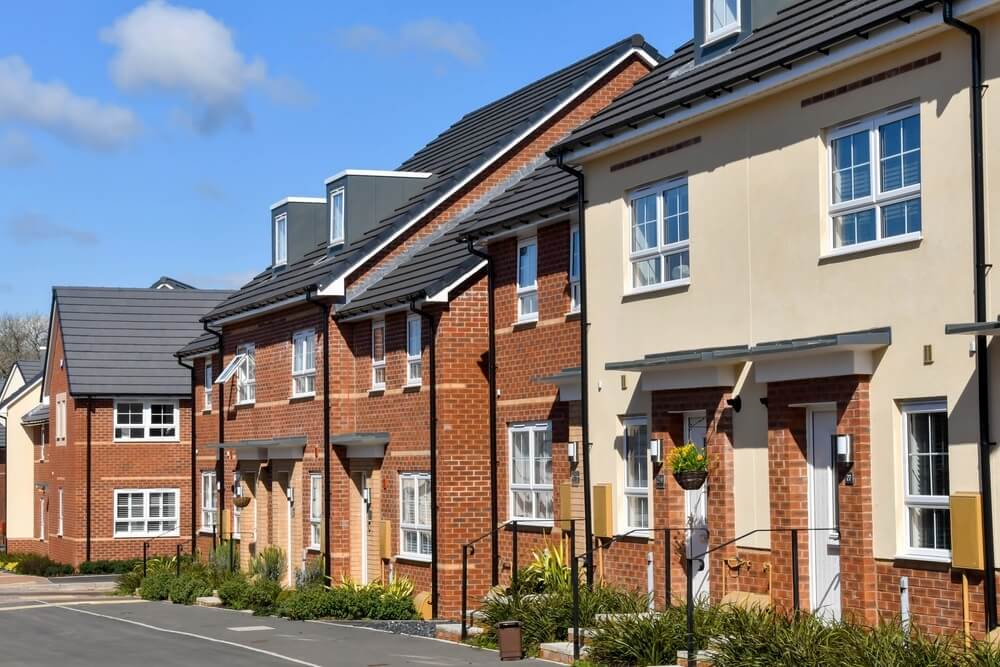 Over the month of June prices increased by 0.2% which is weaker than the 0.4% in May. Meanwhile, over the year the average property in the UK has increased by 1.5%.
Over the month of June prices increased by 0.2% which is weaker than the 0.4% in May. Meanwhile, over the year the average property in the UK has increased by 1.5%.
The slowdown in June has been attributed partly to the general election with experts suggesting many would-be buyers were holding off until the new government was in place.
However, Robert Gardner, Nationwide’s chief economist, said the cost of mortgages was also a contributor.
“Housing market activity has been broadly flat over the last year,” he said, “with the total number of transactions down by around 15% compared with 2019 levels.
“Transactions involving a mortgage are down even more (nearly 25%), reflecting the impact of higher borrowing costs. By contrast, the volume of cash transactions is actually around 5% above pre-pandemic levels.
“While earnings growth has been much stronger than house price growth in recent years, this hasn’t been enough to offset the impact of higher mortgage rates, which are still well above the record lows prevailing in 2021 in the wake of the pandemic. For example, the interest rate on a five-year fixed rate mortgage for a borrower with a 25% deposit was 1.3% in late 2021, but in recent months this has been nearer to 4.7%.
“As a result, housing affordability is still stretched. Today, a borrower earning the average UK income buying a typical first-time buyer property with a 20% deposit would have a monthly mortgage payment equivalent to 37% of take-home pay – well above the long run average of 30%.”
What will happen to house prices this year?
Whilst the housing market has remained ‘stable’ in the last few months, experts predict there may be more movement once the general election has passed.
Karen Noye, mortgage expert at Quilter, explained: “As we approach the general election, while any immediate impact on house prices might be minimal, the future policies of the next government will be crucial in shaping the housing market over the long term.”
She added: “The current market conditions, characterised by high mortgage rates, continue to be a significant hurdle for many buyers. The Bank of England will eventually drop the base rate, but it is still uncertain when this will happen which heaps paralysis on the market.
“This, more than anything either party can do in the short term, determines house prices.”
But Emma Jones, managing director at Frodsham-based broker, Whenthebanksaysno.co.uk, was more optimistic and thought an interest rate cut would happen soon and this would support the property market. Speaking to the Newspage Agency she said: “The General Election announcement definitely triggered a drop-off in demand, at least in the first half of June. It’s likely people were watching the debates rather than scrolling through Rightmove.
“But when a number of lenders started to lower rates towards the end of June, the market got its mojo back and demand picked up sharply. News that mortgage rates were getting cheaper put property front of mind and not politics.
“With an interest rate cut surely now not far off, we’re expecting the second half of the year to be significantly more active than the first. The symbolism of that first rate cut will reverberate across the market and really boost sentiment.”




